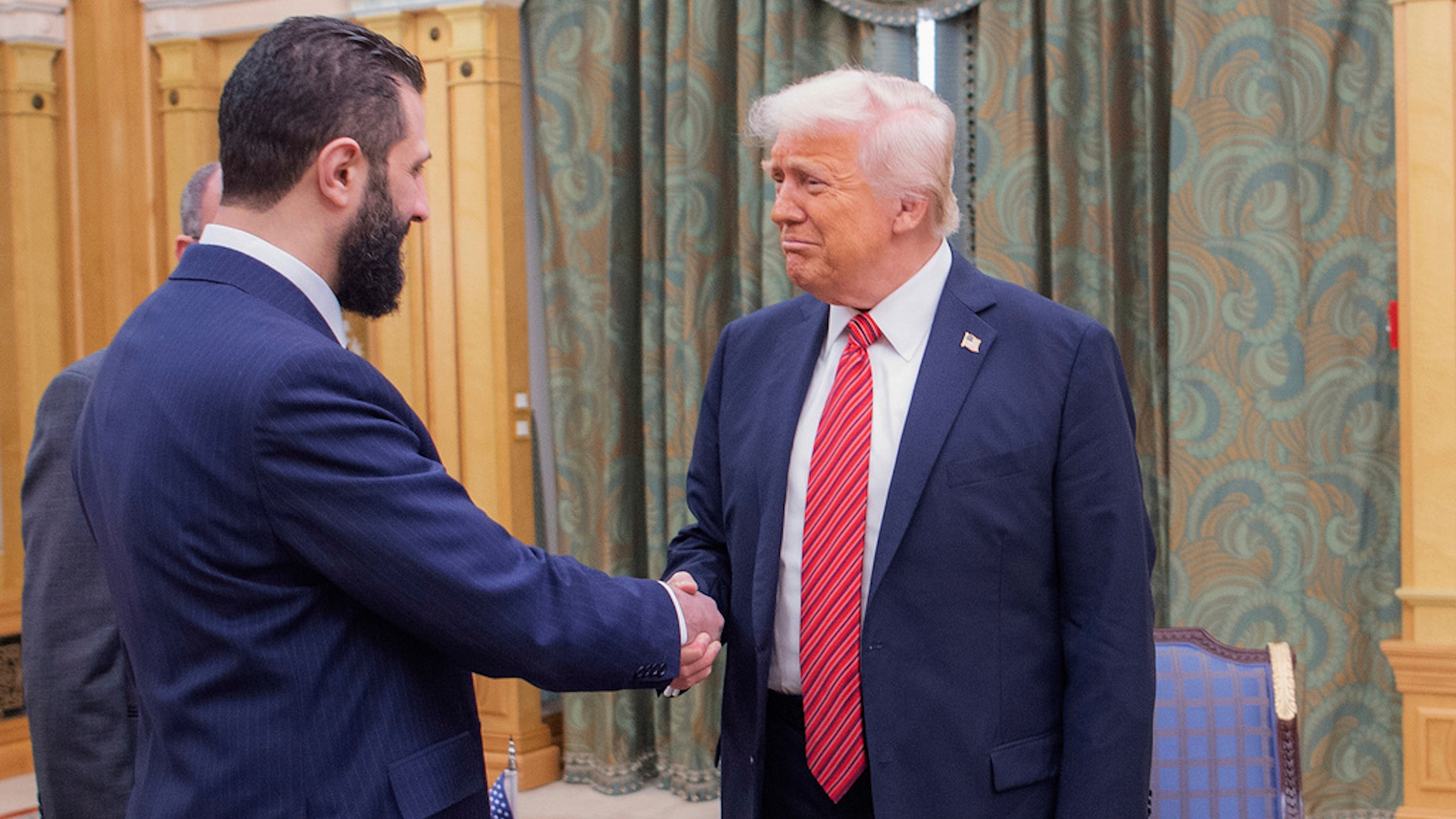President Donald Trump signed an executive order on Monday, June 30, lifting most U.S. economic sanctions on Syria. The sweeping move reverses decades of American foreign policy and signals a new relationship with the country’s new president, Ahmed al-Sharaa. The decision follows Ahmed al-Sharaa’s rise to power in December 2024, after his forces ousted longtime dictator Bashar al-Assad.
The order removes restrictions on Syria’s central bank, state-owned enterprises and key sectors of its economy, while preserving sanctions on Assad, his associates and individuals tied to terrorism, human rights abuses and chemical weapons activity.
Trump first announced his intention to ease sanctions during a May meeting with Sharaa in Riyadh, according to The New York Times. He described Syria’s new leader “tough” and deserving of a chance. Sharaa previously led Hayat Tahrir al-Sham, a group once linked to al-Qaida, but U.S. officials say he has since renounced extremist ties.
What changes does the order include?
The executive order formally ends the national emergency declared in 2004 and revokes multiple related orders. It also waives restrictions on certain exports and authorizes limited foreign assistance.
The Treasury Department issued a general license for transactions involving Syria’s interim government, central bank and public institutions.
According to a White House fact sheet, the order instructs Secretary of State Marco Rubio to review Syria’s state sponsor of terrorism designation, reconsider sanctions under the Caesar Act and assess whether Sharaa or his former group should remain listed as global terrorists.
Since the Caesar Act is a law passed by Congress, its sanctions can only be fully repealed through legislative measures, not solely by executive actions.
What is the rationale behind the sanctions rollback?
White House press secretary Karoline Leavitt said the administration wants to support Syria’s recovery without empowering hostile actors.
“The United States is committed to supporting a Syria that is stable, unified and at peace with itself and its neighbors,” the order states.
Special Envoy Thomas Barrack said lifting sanctions resulted from a “very tedious, detailed, excruciating process” aimed at balancing accountability with strategic interests.
How did Syria respond to the decision?
Syrian Foreign Minister Asaad al-Shibani praised the move, calling it an “important turning point” that opens the door to reconstruction and economic development. He said it removes “a major obstacle” to international investment and humanitarian aid.
